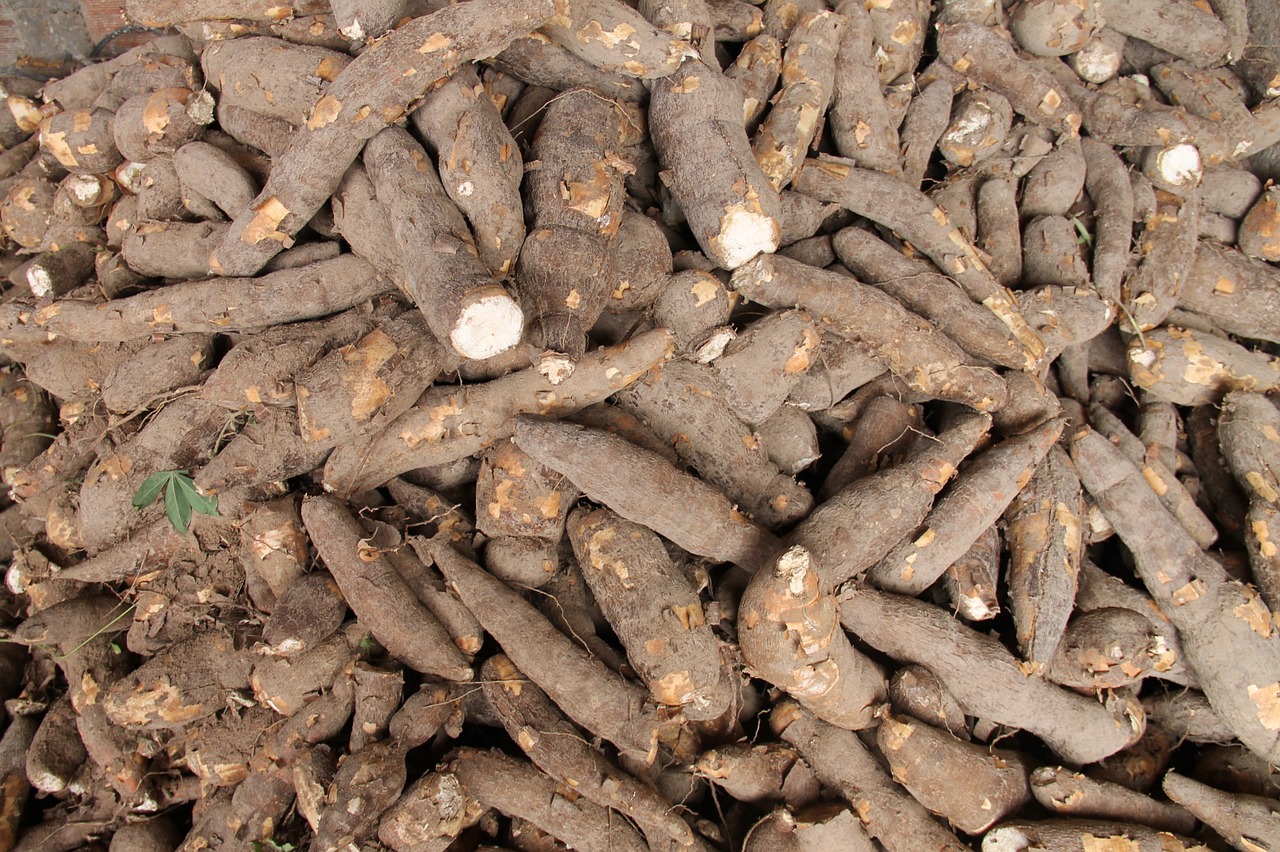Ghana: CSIR-CRI plans to develop improved cassava varieties to help farmers

- Country:
- Ghana
The Crops Research Institute (CRI) of the Council for Scientific and Industrial Research (CSIR) in Ghana is developing six improved cassava varieties for planting by Ghanaian farmers, according to a news report by News Ghana.
The project, a brainchild of the Alliance for Green Revolution in Africa (AGRA), is being executed under the Ghana Cassava Industrialization Partnership Project (GCIPP).
Professor Moses Brandford Mochiah, Director of the CSIR-CRI, said the new cassava varieties aimed at increasing farmers’ yield significantly to improve their livelihood and also boost food sufficiency.
"In line with the Institute’s vision, about fifty acres of six cassava varieties had been established to serve as foundation seeds that will be multiplied to generate five hundred acres’ worth of certified stem cuttings," Mochiah told in an interview at Fumesua near Kumasi.
This was on the sidelines of a working visit by representatives of the AGRA and Agri Impact Consult, to inspect the project and also observe vegetative growth stages for the different cassava varieties.
The team, as part of the visit, interacted with research scientists at the CSIR-CRI, toured the Institute’s tissue culture and molecular biology laboratories, the aeroponics, and hybrid hydroponics sites for yam, as well as various cassava fields.
Cassava is a staple food crop accounting for about 152.9 kilograms per capita consumption in Ghana.
It is one of the most processed crops in the country, gari, fufu powder, and kokanee, to increase its shelf life. Additionally, it can be used as an industrial crop because of its high starch content.
Prof Mochiah indicated that in addition to cassava, the CRI’s biotechnology laboratory also produces seeds for yam and orange sweet flesh potatoes.
He welcomed further collaborative work with AGRA in the area of research, technology transfer, and sharing of experiences for the benefit of the Ghanaian farmer.










